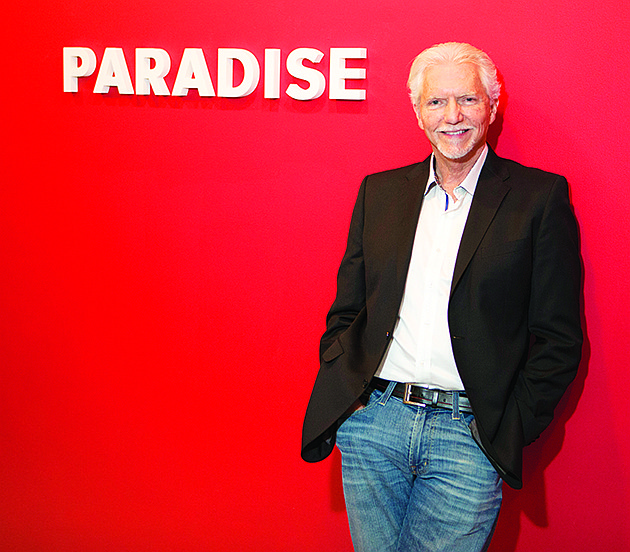- November 24, 2024
-
-
Loading

Loading

Cedar Hames's advertising agency, Paradise, specializes in travel and hospitality — a big reason why Hames is heavily focused on getting new business Cuba.
The 14-year-old agency with 30 employees has offices in St. Petersburg, Naples, Daytona and Tallahassee. The company is in a growth spurt: It increased business by a third last year, and Hames says he wouldn't be surprised if it grows that much again this year.
Florida, says Hames, with its large Cuban populations in Miami and Tampa, should lead the way in doing business with its close neighbors. “The pent-up demand is incredible,” he says. “As soon as they can rationalize spending money, we're going to see a huge influx.”
In late January Hames went on a three-day “fact-finding” trip to learn more about Cuba and the potential for future business there. The trip comes off the announcement in December that the U.S. and Cuba will work toward re-establishing diplomatic relations. Here are the highlights of what Hames learned.
The trip
Albert A. Fox Jr., president of the Alliance for Responsible Cuba Policy Foundation, led the trip, with around 50 people. The roster included Hames and Pinellas County Commissioners Janet Long and John Morroni.
The group needed to get special visas and bring extra cash because it couldn't pay for anything with credit cards. They tried to prepay as much of the trip as possible.
The trip provided an “intuitive feel” of the Havana area, Hames says. By requirement, the trip was for leisure, not for business, but Hames says those on the trip had an “interest in what the forbidden fruit is, now that it's available.”
Hames says many buildings and vehicles in Cuba are in need of repairs and new paint jobs. For example, although the 1950s cars Cubans drive are charming, Hames predicts tourists to Cuba will “expect a little more luxury than what they'll have in the immediate.”
Demand
Hames sees both outbound and inbound opportunities between the United States and Cuba for marketing and advertising. That includes people who want to visit friends or family in the countries or tourism for those with enough disposable income.
The biggest demand will come from people who want to go shopping, Hames says. Right now, visitors from countries such as Brazil and Argentina come in huge numbers 10 to 20 times a year to go shopping “and it's not just for designer jeans,” he says. “It's for fridges and car mufflers.”
Advertising
One of the hardest things to figure out will be how to reach potential Cuban customers, especially since they've had no advertising at all in the country for several decades, Hames says. The government controls television, radio and print, and most of the billboards Hames saw were government propaganda. Other countries such as the United Kingdom and Germany have gone through transitions to make advertising available; it's just a matter of when it will happen, he adds.
Mobile
Commerce using mobile devices in Cuba is nearly non-existent.
“Our research shows that Internet penetration in Cuba is under 3% and what access there is tends to be slow,” Hames says. “Only six other countries have worse mobile penetration, among them North Korea and Myanmar.”
However, when many European countries didn't have the infrastructure built out for phones, they realized that mobile was much more affordable. Hames predicts the same will happen in Cuba — people will move from a traditional phone plan to online to mobile, but much quicker. He thinks mobile “will probably be the primary tool” for reaching potential customers.
Future
A big challenge in doing business in Cuba is the financial capabilities of the population, Hames says. Purchasing things like car parts and paints will come first.
But when visitation to Cuba opens, Hames sees a big opportunity for representing hotel properties or other hospitality clients in the country.
That could be a while. Hames estimates it will be another five years to a decade before the population becomes “viable potential customers of the U.S.,” he says. “It's probably a hurry up and wait.”
And the award goes to...
Paradise Advertising, with four offices in Florida, has big name recognition outside of the Sunshine State.
Last year, for example, the company won 40 Adrian Awards — the “Oscars” of travel marketing. This year, the company will take home 44 awards at a ceremony in New York. For perspective, the entire state of California only brought home two awards in 2014, and Hawaii only had three, according to Hames. “A lot of people in New York are saying, 'Who the hell are these people in St. Petersburg?'” he says. It just shows that, “you don't need those big budgets to come up with big ideas.”